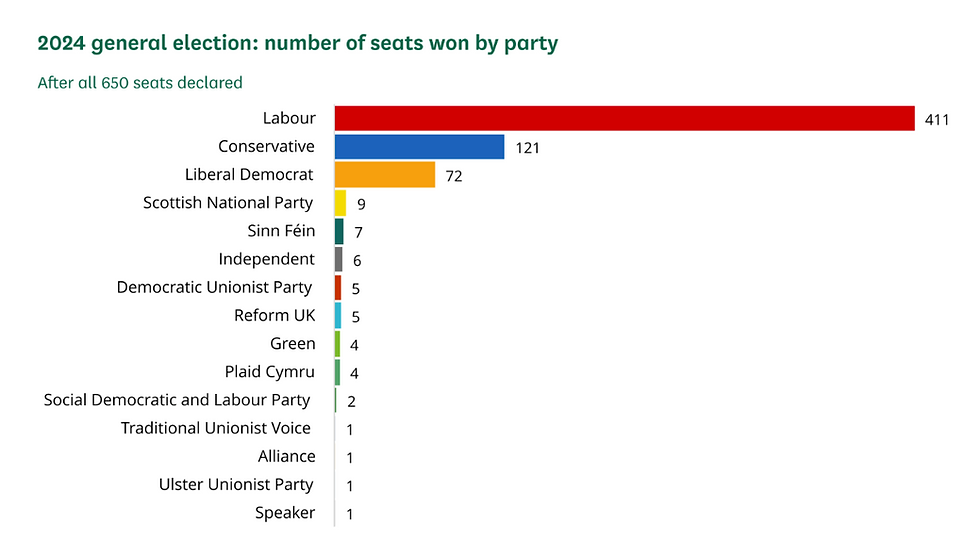Women In Power & Leadership
- david42834
- Sep 21, 2021
- 2 min read

The pandemic has re-ignited the debate about whether women make better leaders. Interestingly, the countries led by females have been more successful in facing the pandemic. The female leaders of Germany, Switzerland, Belgium, Denmark, Norway and New Zealand all outperformed their counterparts in their methods of managing and restricting the spread of Covid-19 in 2020. Female-led nations, on average have been found to have a better reputation and a higher net positive influence.
We cannot look at power without looking at patriarchy. Patriarchy is the domination of men over women and has been around for thousands of years. When it comes to the power relationship between men and women, before the feminist movement, women were completely dependent on men. As a result of the feminist movement, women are becoming independent from men and we are now headed to women becoming interdependent and equal across the gender spectrum.
The economic and business case for gender equality is now overwhelming. There is mounting evidence that having more women in the board room and senior management positions is positive for the bottom line and for society. Even though women are now better educated than in the past, they remain under-represented at the top of companies and in politics. A common view which is wrongly held, is that it is more difficult for women to balance family life and top level careers.
Goldman Sachs has recently analysed 496 large cap US equity funds and found that female managed funds outperformed their male counterparts amid the corona virus related market volatility. Also, a recent study by Deloitte in 2018 found that the three most important power traits for strong leadership are (i) being communicative; (ii) being flexible and (iii) being patient — and these are usually considered to be feminine traits. Evidence shows a strong link between female leadership, financial impact and social preference. A study in the US (conducted by Harris Poll in 2018) showed that half of Americans would prefer to work for a company run by a female leader. Female leadership style is more strongly correlated to ‘soft power’ attributes rather than ‘hard power’ ones. Jacinda Arden, the Prime Minister of New Zealand praised for her management of the pandemic recently said: “…I refuse to believe that you cannot be compassionate and strong.” This underlines the importance of compassionate leadership especially in volatile environments.
Women are closing the gap with men in taking the roles that lead and shape the world. Let us Choose to Challenge the unconscious bias that prevents us from reaching our maximum potential in leadership.
When investing, the value of your investment may rise or fall and there are no guarantees you will get back all the capital you have invested.
Sources:
1. How Women In Leadership Are Doing Power Differently, and Why They Must: https://www.forbes.com/sites/kathycaprino/2017/12/15/how-women-in-leadership-are-doing-power-differently-and-why-they-must/?sh=4492bb5d348e
2. Women and Power in Business: https://www2.deloitte.com/content/dam/Deloitte/global/Documents/About-Deloitte/CE_Women_and_power_report.pdf
3. Female Leadership and Soft Power: https://brandfinance.com/insights/female-leadership-performance




Comments